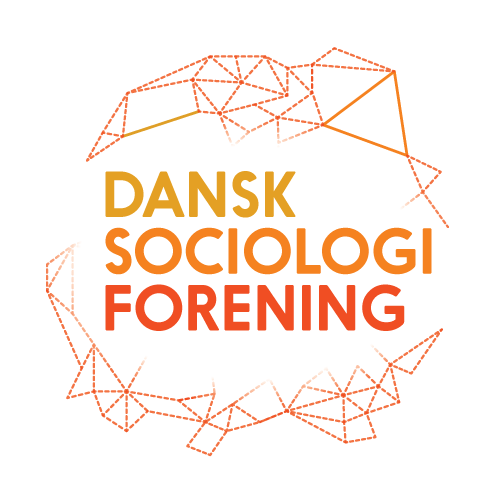Dansk Sociologkongres berammet til afholdelse den 24. og 25. marts i år bliver desværre aflyst som kongres. Dels har vi modtaget relativt få abstracts, dels er det vores indtryk, at mange holder sig fysisk tilbage med baggrund i den aktuelle COVID-smittekurve.
I stedet indbyder DPU til en sociologisk temadag den 25. marts på DPU Emdrup, hvor der vil være to aktiviteter. Den første er en workshop om ’Open science’ ved Nate Breznau fra Bremens Universitet. Her præsenteres Nates workshop:
“Open Science in the Social Sciences – Issues and Solutions”
This workshop introduces practitioners and students to two concepts that are regularly heard across social science disciplines today: the ‘reproducibility crisis’ and the ‘open science movement’. Then it discusses how these potentially impact sociology. It briefly reviews the events and discussions that cause many scholars, policymakers and the public to have negative views of science in recent years, and perceive that it may be in a crisis. It draws on examples from psychology, economics and political science; and related interdisciplinary fields. Sociology in particular is a bit ‘further behind’ in adopting or even awareness of, open science practices, so there is much to be learned from its neighboring disciplines. It will discuss empirical evidence to determine if there is indeed a crisis in the social sciences and if sociology should be concerned. The course will also cover the open science movement and how all of us can practice open science right away, or what we should simply call ‘better science’. Other topics or keywords that will appear: p-hacking, HARKing, version control, faking data, ethical science, Mertonian norms, inequalities in science, transparency, replication and robustness.
Den anden er et foredrag af Richard Arum, University of California, jf. nedenstående
“Optimization in Tertiary Education: Possibilities and Limitations of Next Generation Measurement Systems”
Abstract: Changes in technology are in the process of transforming both the nature of undergraduate education as well as its assessment, with the move to remote instruction during the pandemic only accelerating these larger historical trends. Social and behavioral scientists are implicated in these changes having contributed to the development of improved measurement systems and their efforts and advocacy to promote data-driven efforts to improve institutional performance. This talk will focus on one example of this larger trend, the University of California – Irvine’s Next Generation Undergraduate Success Measurement Project, which has collected and integrated unprecedented amounts of data from social surveys, experiential sampling measures, performance assessments, learning management system clickstream logs and administrative records to identify a more complete accounting of student experiences, trajectories, and outcomes. Findings from the project on COVID-19 and educational inequality will be presented as well as reflections on the possibilities and limitations of using data of this character to optimize student success in tertiary education.
Arrangementet er åbent for forskere og studerende og vil være gratis for deltagerne. Vi opretter et tilmeldingslink. Vi håber at se mange af jer på denne dag. Der skal selvfølgelig ikke indsendes abstracts.
Hvad angår abstracts til kongressen bliver de (få) indsendte ikke videnskabeligt bedømt. Dette er blot for at gøre opmærksom på, at abstracts evt. kan genbruges eller tilpasses til anden videnskabelig publikation.
Tid: Den 25. marts 2022
Sted: Danmarks institut for Pædagogik og Uddannelse (DPU), Aarhus Universitet, Tuborgvej 164, 2400 København NV.
Tilmelding til temadagen sker her.
Yderigere spørgsmål kan sendes til David Reimer rare@pedu.au.dk Karen Wistoft kawi@edu.au.dk eller Niels Rosendal nrj@edu.au.dk
